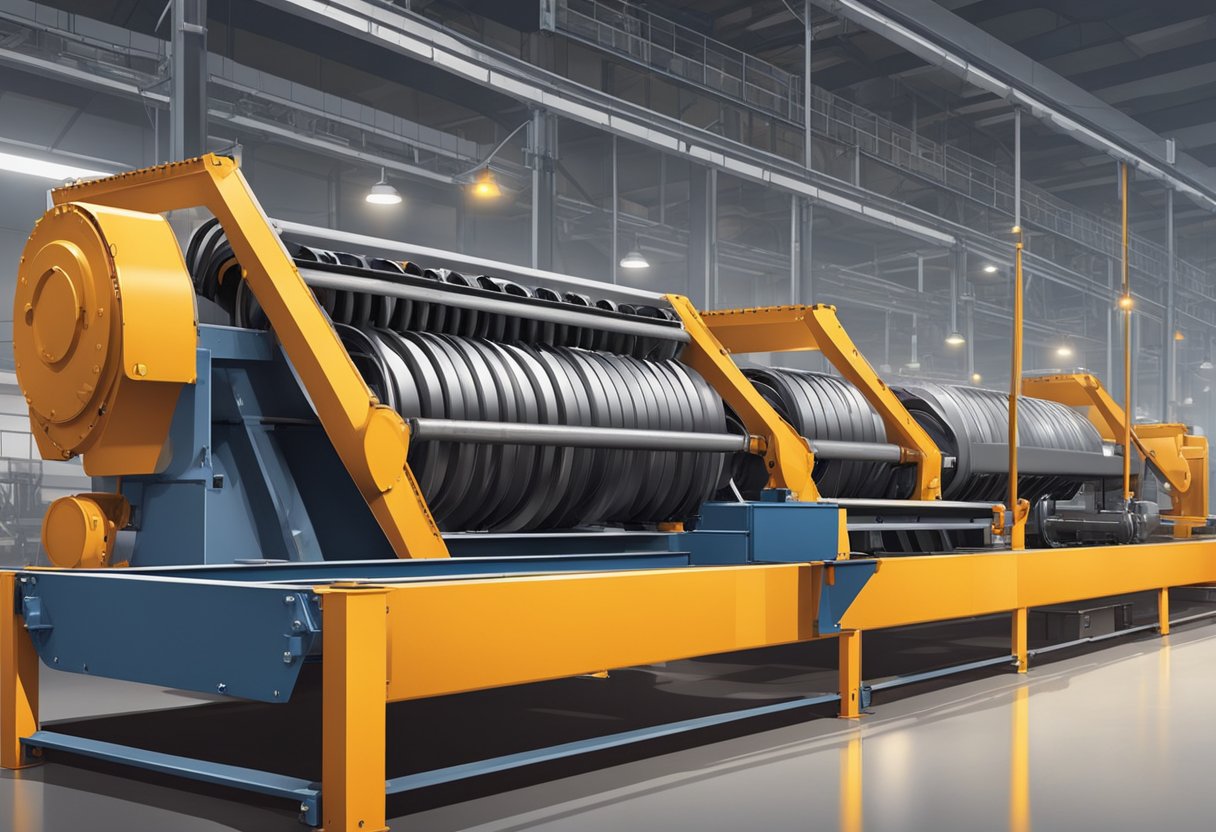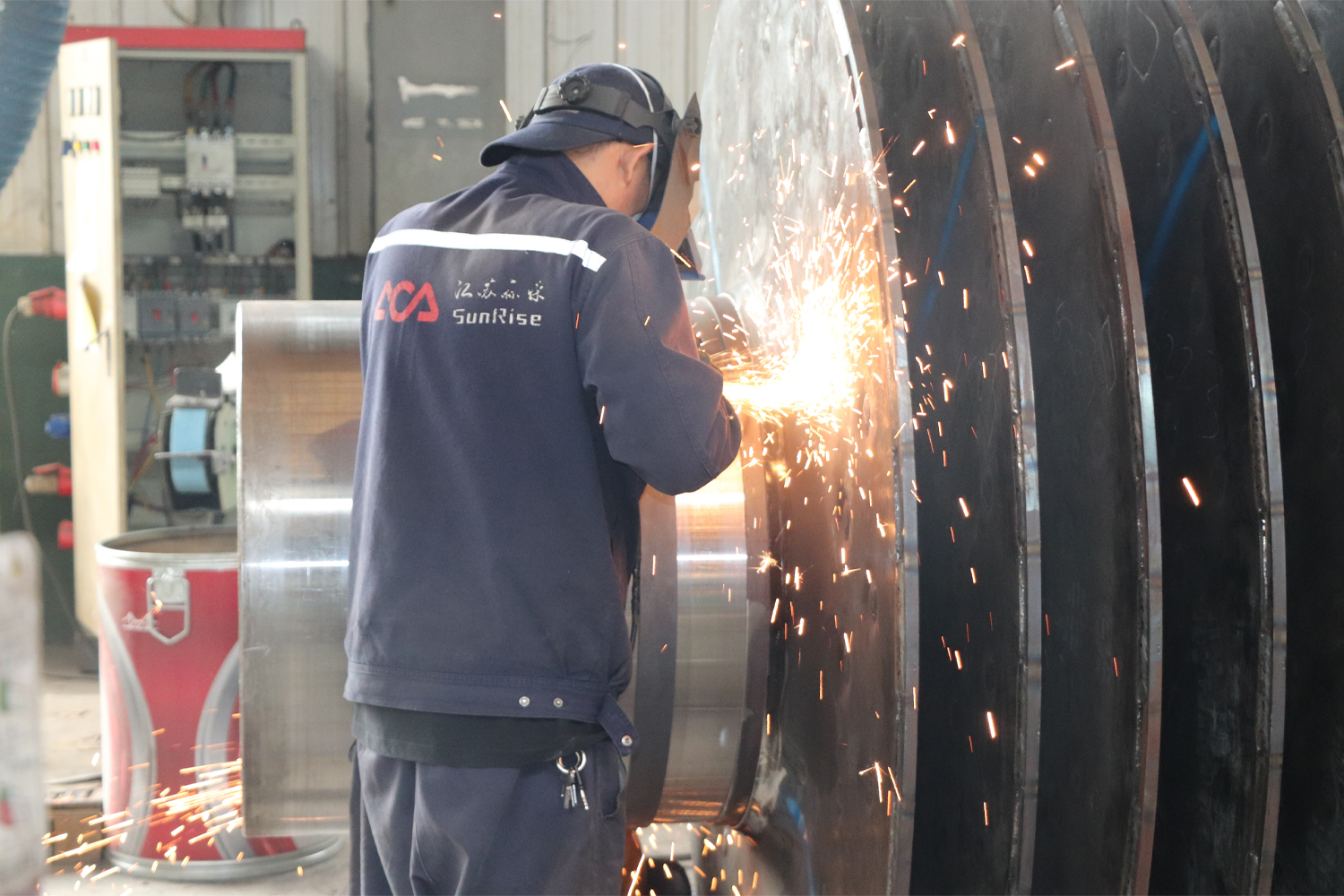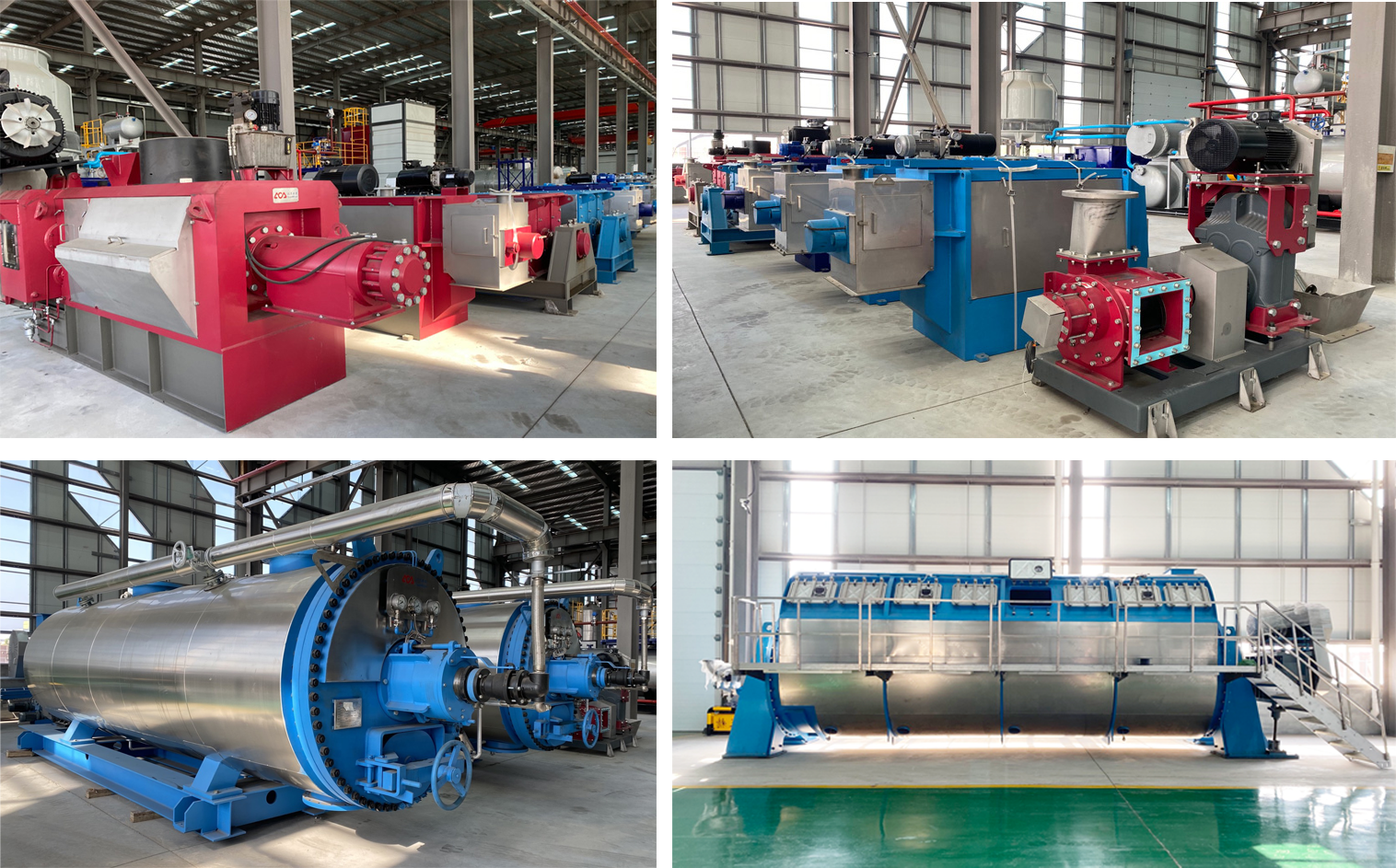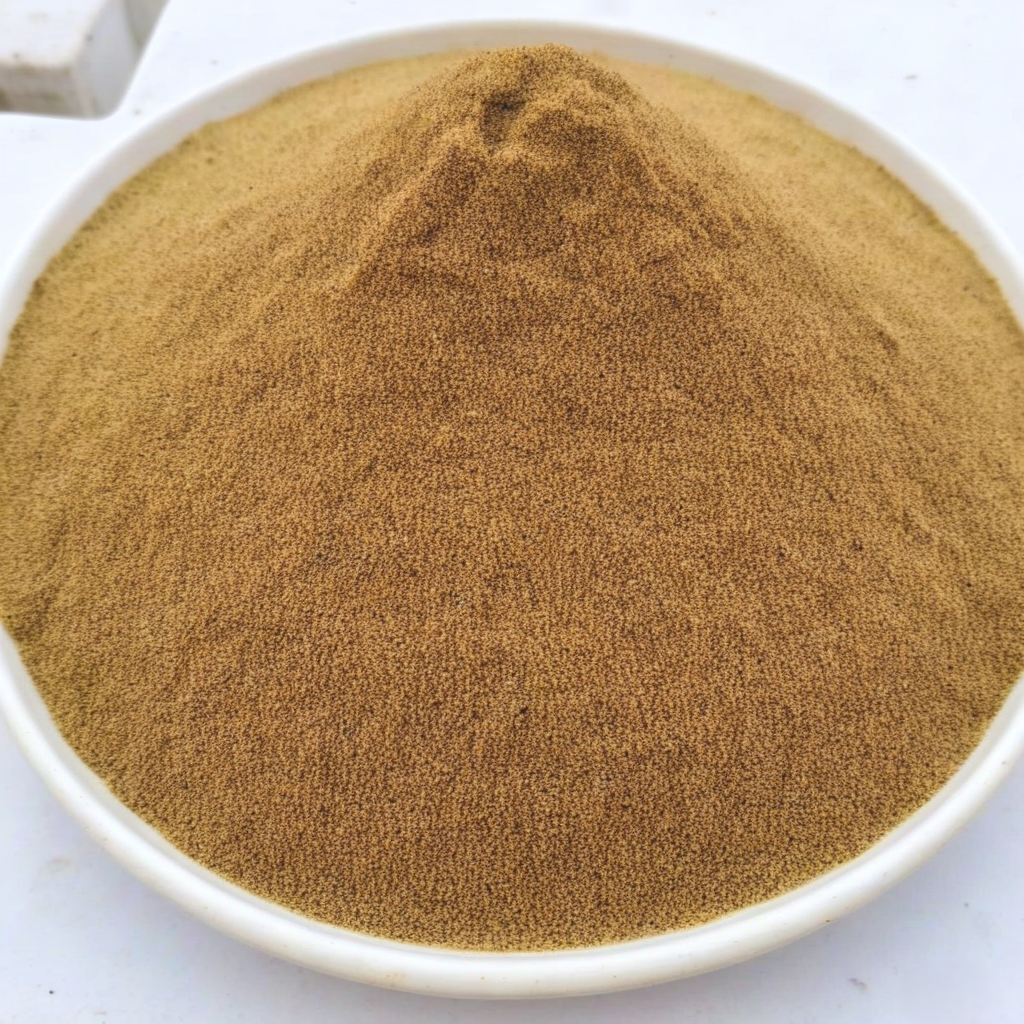
Screw Conveyor Price: Factors That Affect Cost
Screw Conveyor Price: Factors That Affect Cost
Screw conveyors are an essential component of many industrial processes. They are used to move materials such as grains, powders, and chemicals from one location to another. As a result, they are widely used in industries such as agriculture, food processing, and mining. One of the most important considerations when purchasing a screw conveyor is the price.

The price of a screw conveyor can vary widely depending on a number of factors. These factors include the size of the conveyor, the materials used in its construction, and the complexity of the design. Additionally, prices can vary depending on the manufacturer and the location of the buyer. As a result, it is important to carefully consider all of these factors when evaluating the cost of a screw conveyor.
Factors Influencing Screw Conveyor Price

Screw conveyors are an essential tool in various industries for transporting bulk materials. When it comes to purchasing a screw conveyor, the price can vary significantly depending on several factors. In this section, we will discuss the primary factors that influence the price of screw conveyors.
Material and Build Quality
The material and build quality of a screw conveyor are the most crucial factors that determine its price. The type of material used for the construction of the screw conveyor can significantly affect its price. Stainless steel is a popular material used for screw conveyors due to its durability and corrosion resistance. However, it is more expensive than other materials such as carbon steel.
The build quality of the screw conveyor also plays a vital role in determining its price. A well-built screw conveyor with high-quality components will last longer and require less maintenance, which can justify the higher price.
Size and Capacity
The size and capacity of a screw conveyor are also significant factors that influence its price. The larger the screw conveyor, the more expensive it will be. The capacity of the screw conveyor is also a crucial factor. A screw conveyor with a higher capacity will require more material and more robust components, which will increase its price.
Customization and Add-ons
Customization and add-ons are optional features that can significantly increase the price of a screw conveyor. Customization options such as different discharge heights, inlet configurations, and additional sensors can add to the overall cost of the screw conveyor. Add-ons such as safety features, alarms, and variable speed drives can also increase the price of the screw conveyor.
In conclusion, the price of a screw conveyor can vary significantly depending on several factors, including material and build quality, size and capacity, and customization and add-ons. It is essential to consider these factors carefully when purchasing a screw conveyor to ensure that you get the best value for your money.
Types of Screw Conveyors and Their Costs

Horizontal Screw Conveyors
Horizontal screw conveyors are the most common type of screw conveyor and are used to move bulk materials horizontally. They are available in a wide range of sizes, materials, and configurations, depending on the application. The cost of a horizontal screw conveyor can vary depending on factors such as the size, material, and complexity of the design. On average, a basic horizontal screw conveyor can cost anywhere from $5,000 to $15,000.
Incline Screw Conveyors
Incline screw conveyors are used to move materials at an angle. They are commonly used to move materials from a lower level to a higher level. The cost of an incline screw conveyor can vary depending on factors such as the angle of incline, the size of the conveyor, and the material of construction. On average, an incline screw conveyor can cost anywhere from $10,000 to $30,000.
Shaftless Screw Conveyors
Shaftless screw conveyors are used to move sticky or viscous materials that tend to wrap around a traditional screw conveyor’s shaft. They are available in a wide range of sizes and materials, depending on the application. The cost of a shaftless screw conveyor can vary depending on factors such as the size, material, and complexity of the design. On average, a shaftless screw conveyor can cost anywhere from $20,000 to $50,000.
Vertical Screw Conveyors
Vertical screw conveyors are used to move materials vertically. They are commonly used to move materials from a lower level to a higher level. The cost of a vertical screw conveyor can vary depending on factors such as the height of the lift, the size of the conveyor, and the material of construction. On average, a vertical screw conveyor can cost anywhere from $15,000 to $40,000.
In conclusion, the cost of a screw conveyor can vary depending on factors such as the type, size, material, and complexity of the design. It is important to consult with a screw conveyor manufacturer to determine the best type of conveyor for your application and budget.
Price Comparison by Manufacturer

When it comes to screw conveyor price, it is important to compare prices from different manufacturers to ensure that you are getting the best deal. In this section, we will compare prices from both domestic and international manufacturers.
Domestic Manufacturers
Domestic manufacturers offer a range of screw conveyor options at varying prices. Some of the most popular domestic manufacturers include KWS Manufacturing, Martin Sprocket & Gear, and Continental Conveyor.
KWS Manufacturing offers a wide range of screw conveyors, with prices ranging from $3,000 to $30,000 depending on the size and specifications of the conveyor. Martin Sprocket & Gear offers screw conveyors starting at $2,500, while Continental Conveyor offers conveyors starting at $4,000.
International Manufacturers
International manufacturers also offer a range of screw conveyor options, with prices varying depending on the manufacturer and location. Some of the most popular international manufacturers include WAMGROUP, FLSmidth, and Metso.
WAMGROUP offers a range of screw conveyors starting at $2,000, while FLSmidth offers conveyors starting at $5,000. Metso offers a range of screw conveyors starting at $3,000.
Overall, it is important to compare prices from different manufacturers to ensure that you are getting the best deal on a screw conveyor. Domestic and international manufacturers both offer a range of options at varying prices, so it is important to do your research and compare prices before making a purchase.
Cost Analysis Over Time
Initial Purchase Cost
The initial purchase cost of a screw conveyor varies depending on the size, material, and design. Generally, the larger the conveyor and the more complex the design, the higher the cost. For example, a small stainless steel screw conveyor may cost around $5,000, while a larger carbon steel conveyor with custom features may cost upwards of $50,000. It is important to consider the specific needs and requirements of the application when determining the appropriate size and design of the screw conveyor.
Operation and Maintenance Costs
The operation and maintenance costs of a screw conveyor are relatively low compared to other types of conveyors. Screw conveyors have few moving parts and require minimal lubrication and power consumption. However, regular inspections and maintenance are necessary to ensure optimal performance and prevent breakdowns. The cost of maintenance may include replacement of worn parts, cleaning, and alignment adjustments.
Replacement and Repair Costs
The replacement and repair costs of a screw conveyor depend on the extent of damage and the type of repair needed. Minor repairs such as replacing bearings or seals may cost a few hundred dollars, while major repairs such as replacing the screw or trough may cost several thousand dollars. In some cases, it may be more cost-effective to replace the entire conveyor rather than repair it. The lifespan of a screw conveyor can vary depending on the material being conveyed and the frequency of use, but with proper maintenance, it can last for many years.
In summary, the cost of a screw conveyor is influenced by several factors, including size, material, and design. While the initial purchase cost can be significant, the operation and maintenance costs are relatively low. Replacement and repair costs can vary depending on the extent of damage and the type of repair needed. It is important to carefully consider the specific needs and requirements of the application when selecting a screw conveyor to ensure optimal performance and cost-effectiveness over time.
Impact of Bulk Material on Pricing
When it comes to screw conveyor pricing, the type of bulk material being conveyed can have a significant impact. Different materials have different properties that can affect the design of the conveyor and the materials used in construction, which in turn can affect the cost.
Abrasive Materials
Materials that are abrasive, such as sand, gravel, or minerals, can cause wear and tear on the conveyor components. This means that the conveyor must be designed with materials that can withstand the abrasive nature of the material, which can increase the cost of the conveyor. In addition, the conveyor may require more frequent maintenance and replacement of parts, which can also add to the overall cost.
Corrosive Materials
Corrosive materials, such as chemicals or acids, can cause damage to the conveyor components. This means that the conveyor must be designed with materials that can withstand the corrosive nature of the material, which can increase the cost of the conveyor. In addition, the conveyor may require more frequent maintenance and replacement of parts, which can also add to the overall cost.
High-Temperature Materials
Materials that are high-temperature, such as hot ash or cement, can require the conveyor to be designed with materials that can withstand the high temperatures. This can include using materials such as stainless steel or ceramic components, which can increase the cost of the conveyor.
In conclusion, the type of bulk material being conveyed can have a significant impact on the pricing of screw conveyors. It is important to consider the properties of the material when designing and pricing a conveyor system.
Buying New vs Used Screw Conveyors
When it comes to purchasing a screw conveyor, buyers have the option of buying new or used equipment. Each option has its own set of advantages and disadvantages. It is important for buyers to consider their specific needs and budget before making a decision.
Pros and Cons of Buying New
Pros
- Latest Technology: New screw conveyors come with the latest technology and features. They are designed to meet the latest safety standards and regulations.
- Customizable: New screw conveyors can be customized to meet specific requirements. Buyers can choose the size, material, and other specifications based on their needs.
- Warranty: New screw conveyors come with a warranty which provides protection against any defects or malfunctions.
Cons
- Higher Price: New screw conveyors are generally more expensive than used equipment. Buyers need to have a higher budget to purchase new equipment.
- Longer Lead Time: New screw conveyors may have a longer lead time as they need to be manufactured and tested before delivery.
Pros and Cons of Buying Used
Pros
- Cost-effective: Used screw conveyors are generally more cost-effective than new equipment. Buyers can save a significant amount of money by purchasing used equipment.
- Shorter Lead Time: Used screw conveyors are readily available in the market. Buyers can purchase them quickly and start using them immediately.
- Negotiable Price: Buyers can negotiate the price with the seller and get a good deal on used equipment.
Cons
- Limited Availability: Buyers may have to search extensively to find the right used screw conveyor that meets their specific requirements.
- No Warranty: Used screw conveyors do not come with a warranty. Buyers need to ensure that the equipment is in good condition before making a purchase.
- Higher Maintenance: Used screw conveyors may require higher maintenance as they have been previously used and may have wear and tear.
Overall, the decision to buy a new or used screw conveyor depends on the buyer’s specific needs and budget. Buyers should carefully consider the advantages and disadvantages of both options before making a decision.
Installation Costs and Considerations
When it comes to installing screw conveyors, there are several factors that can affect the overall cost. The first consideration is the type of screw conveyor being installed. Different types of conveyors have varying installation requirements and may require different equipment and tools.
Another factor to consider is the location of the installation. If the conveyor is being installed in a remote or hard-to-reach location, the installation cost may be higher due to transportation and logistical challenges. Additionally, the type of foundation required for the conveyor can also impact installation costs.
The length and diameter of the screw conveyor can also impact installation costs. Longer and larger conveyors may require more labor and equipment to install, which can increase the overall cost.
It is important to work with experienced professionals who can provide accurate estimates for installation costs based on the specific requirements of the project. This can help ensure that the installation is completed efficiently and cost-effectively.
Overall, while installation costs can vary depending on a range of factors, careful planning and working with experienced professionals can help ensure that the installation process runs smoothly and within budget.
Price Trends and Future Outlook
Screw conveyors are widely used in various industries for material handling, and their prices can vary depending on several factors such as size, material, and design. Over the years, the price of screw conveyors has remained relatively stable, with minor fluctuations due to changes in material costs and market demand.
In recent years, there has been an increasing trend towards the use of stainless steel screw conveyors due to their durability and resistance to corrosion. As a result, the price of stainless steel screw conveyors has been slightly higher compared to those made of other materials such as carbon steel or plastic.
Looking towards the future, the demand for screw conveyors is expected to continue to grow as industries continue to expand and improve their material handling processes. This growth in demand will likely lead to an increase in the production of screw conveyors, which could lead to a more competitive market and potentially lower prices.
Overall, while the price of screw conveyors may experience minor fluctuations in the short term, the long-term trend is likely to be stable with a potential for slight decreases due to increased competition.



